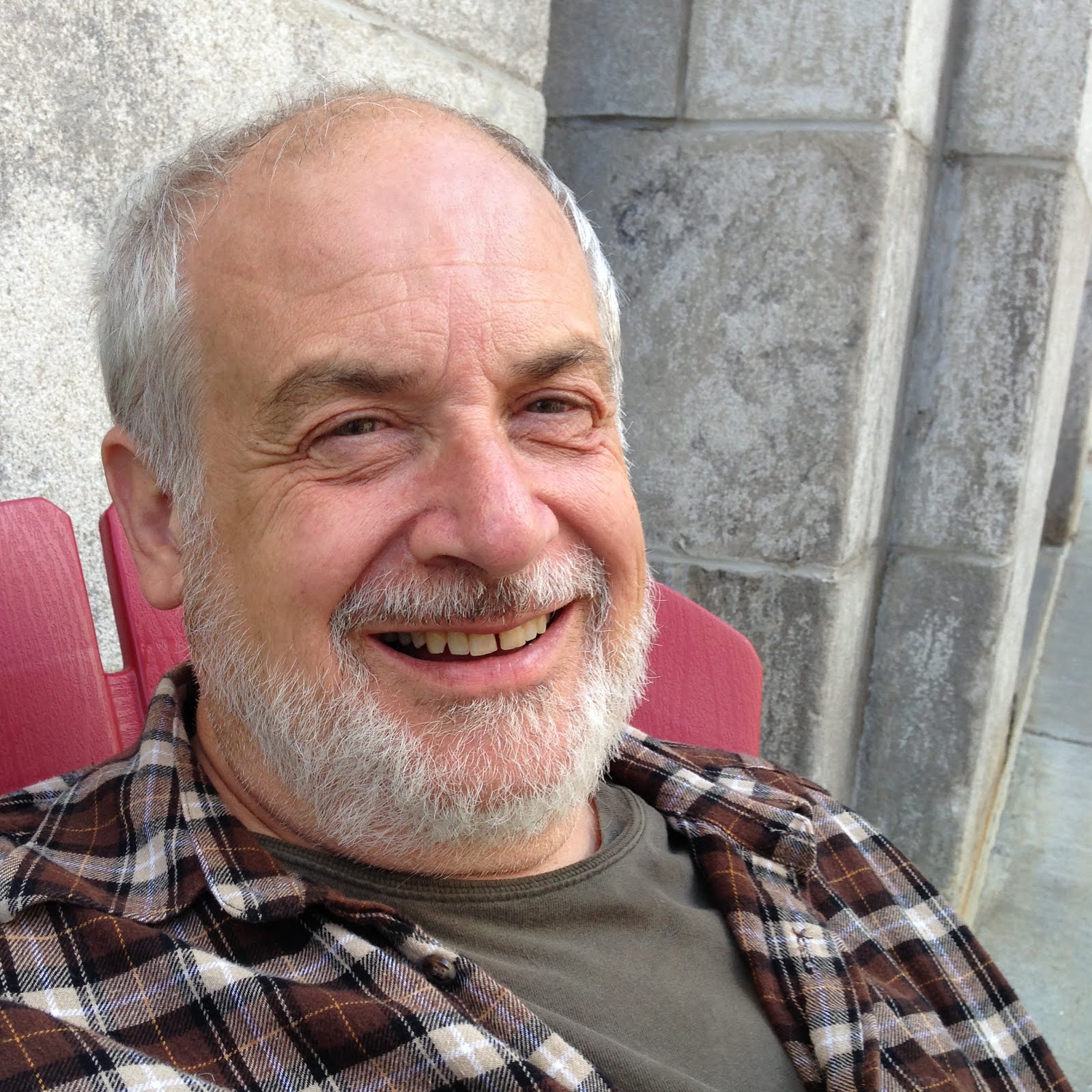A person unable to judge the scientific validity of two differing viewpoints will tend to agree with the group that... [choose a,b,c, or d]Atmoz puts his chips on d:
d) is best able to express their side in simple termsMuch as I am glad to see people taking the bull by the horns, there are two problems with Atmoz's analysis.
The first is the confusion between description and prescription: the article goes on to discuss what people ought to do, though the question is phrased in terms of what they tend to do.
The second is that his choice is pretty much not going to help. In prescriptive terms, d is no better than the others. A false explanation "it's the sun, stupid" can be much simpler than the truth, viz., "optical depth in certain infrared bands can be set by small concentrations of a colorless gas, changing the balance of the longwave cascade to space and thence the lapse rate".
The only sensible approach I can see is e) relies upon a network of trust. e is similar to a, except that e is based not on whether you like the advocates of a position, or share their culture or ideology or religion, but on whether you trust their intellectual judgment and their network of connections to people who understand the matter at hand.
One must admit that there are difficulties in all directions. On plan e, sound judgements depend crucially on a sound social fabric. The civilization whose fabric is frayed is in a very poor position to make sound judgements using this method, but it's hard to see any others that could do as well.

1 comment:
or f) : offers an apparently 'reasonable' analysis which most nearly confirms that person's existing prejudices.
This is my experience to date.
We know who the public ought to trust; that bit's easy. Much, much harder is how to get the public to recognise that their own, dearly-held opinions, which they bring into the equation, might be wrong, or at the very least, based on their own ignorance.
I also think it would be easier to 'trust' science if there was clear leadership and direction from this field, supported by fair media coverage, and right in the public's face. we can always dream.
Regards,
Post a Comment